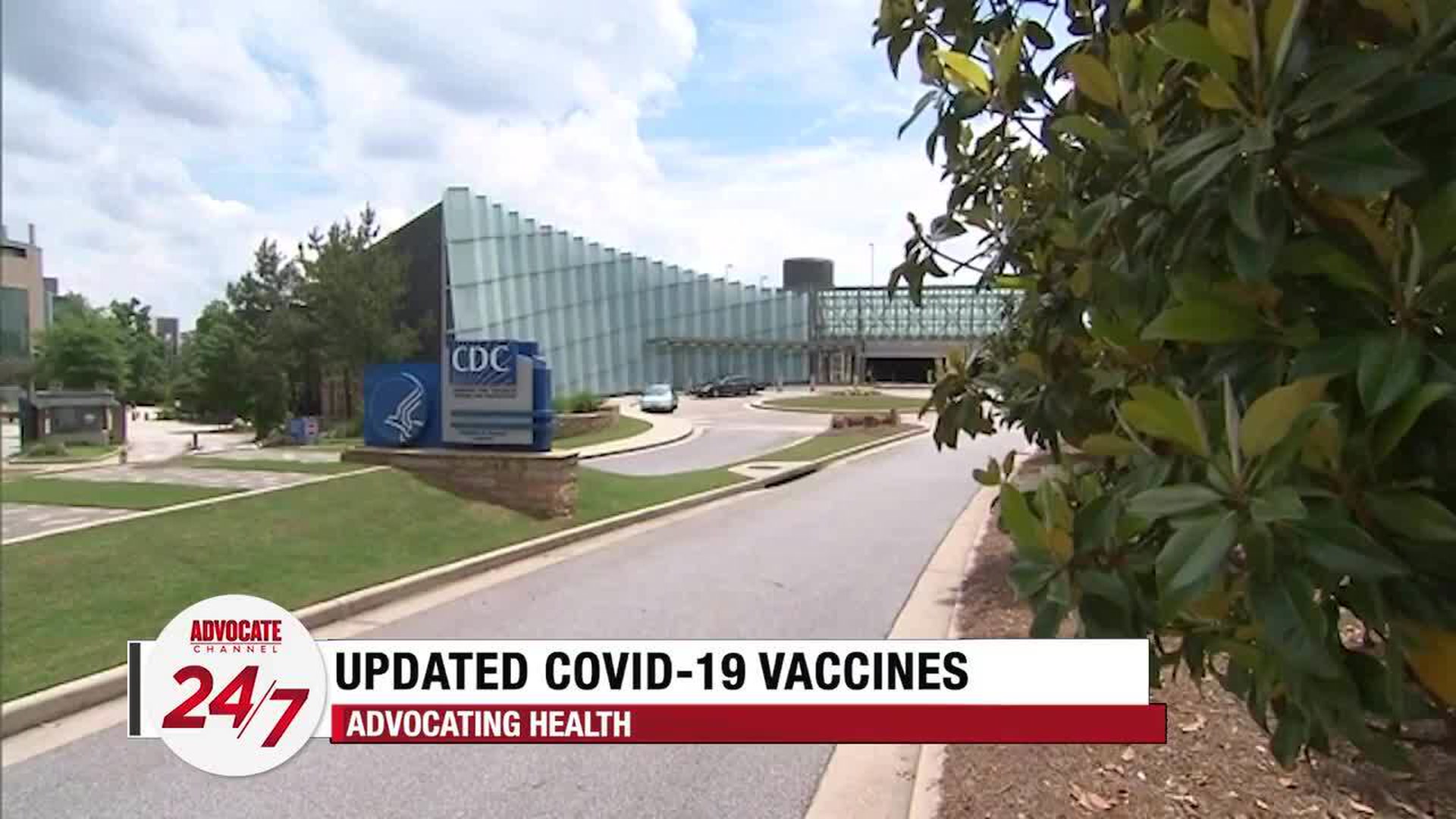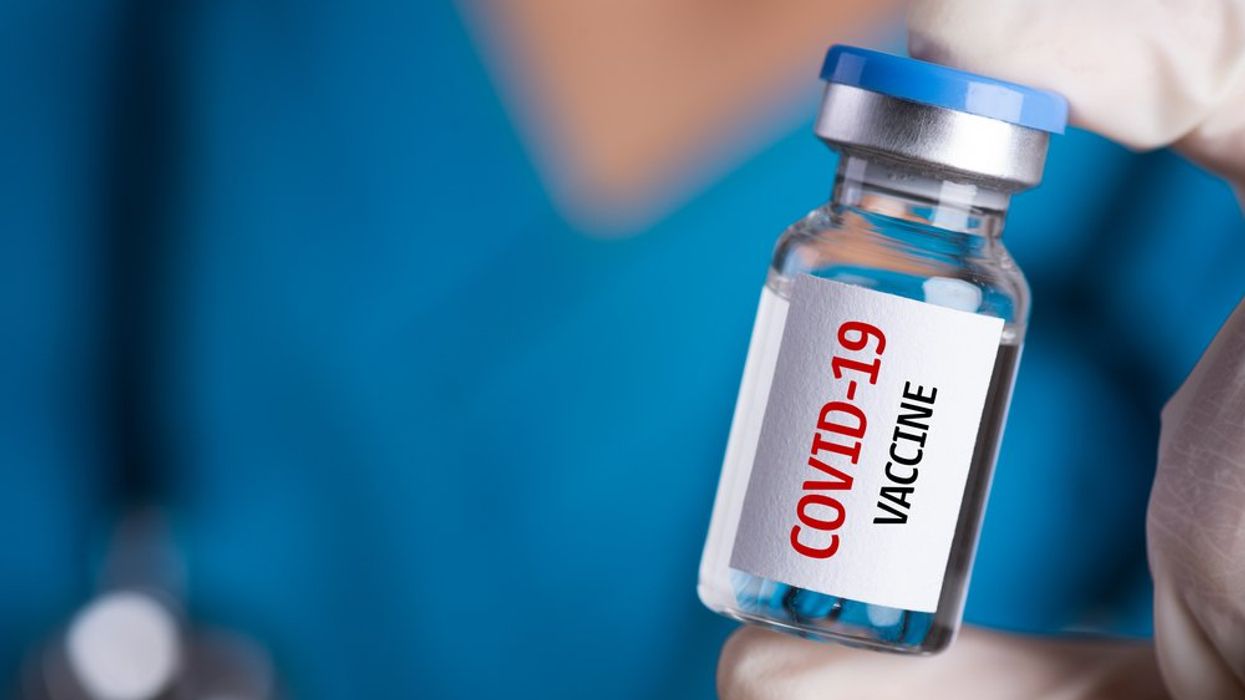Covid Vaccines

Video Source: Advocate Channel
Click here for updates on this story
Toronto, Ontario (CTV Network) – For many, the time has come to get another COVID-19 vaccination. If the language around the jab seems particularly confusing this fourth pandemic fall, it’s because it’s shifting again.
When the United States Food and Drug Administration approved new COVID-19 vaccines by Pfizer and Moderna on Monday, it avoided calling any of the latest vaccines a "booster," instead referring to them as updated vaccines designed to better match the latest circulating strains of the virus.
When Health Canada on Tuesday approved Moderna’s updated Spikevax vaccine – designed to target Omicron subvariant XBB.1.5 – Canadian health officials also avoided calling the latest shot a booster during a technical briefing later that day.
Dr. Theresa Tam, Canada’s chief public health officer, likened the new language around updated vaccines to the same language public health agencies use when referring to the flu shot each year.
"I think we wanted to emphasize this is an updated COVID-19 vaccine, and similarly, we update influenza vaccines as well," she said during the briefing. "It's a matter of terminology, but I think we're trying to standardize and simplify some of the various terms at the moment."
Dr. Supriya Sharma, chief medical adviser with Health Canada, added that the language shift came about from a series of conversations with regulators about creating standardized, international terminology for the vaccines. As part of that conversation, she said, Health Canada and other regulators also decided to stop referring to “primary series” doses – the initial COVID-19 vaccine doses a previously unvaccinated person receives.
"The idea is that we'll get to a place where it may be much like the flu vaccines, where people may be on a regular schedule getting an updated vaccine," she said. "So I think there's more benefit just talking about the latest vaccine or the updated vaccine rather than going back to years ago when we were talking about your very first two doses or speaking about boosters."
Dr. Matthew Tunis, executive secretary to the National Advisory Committee on Immunization (NACI), explained during the technical briefing Tuesday that the new phrasing also falls in line with how drug manufacturers are talking about the vaccines in their own official monographs.
Tunis and Sharma both agreed it isn’t wrong or inaccurate to continue call the seasonal jabs "boosters," since they boost the body’s immune response to SARS-CoV-2, but said the official language is nonetheless evolving.
The-CNN-Wire™ & © 2023 Cable News Network, Inc., a Warner Bros. Discovery Company. All rights reserved.


















































